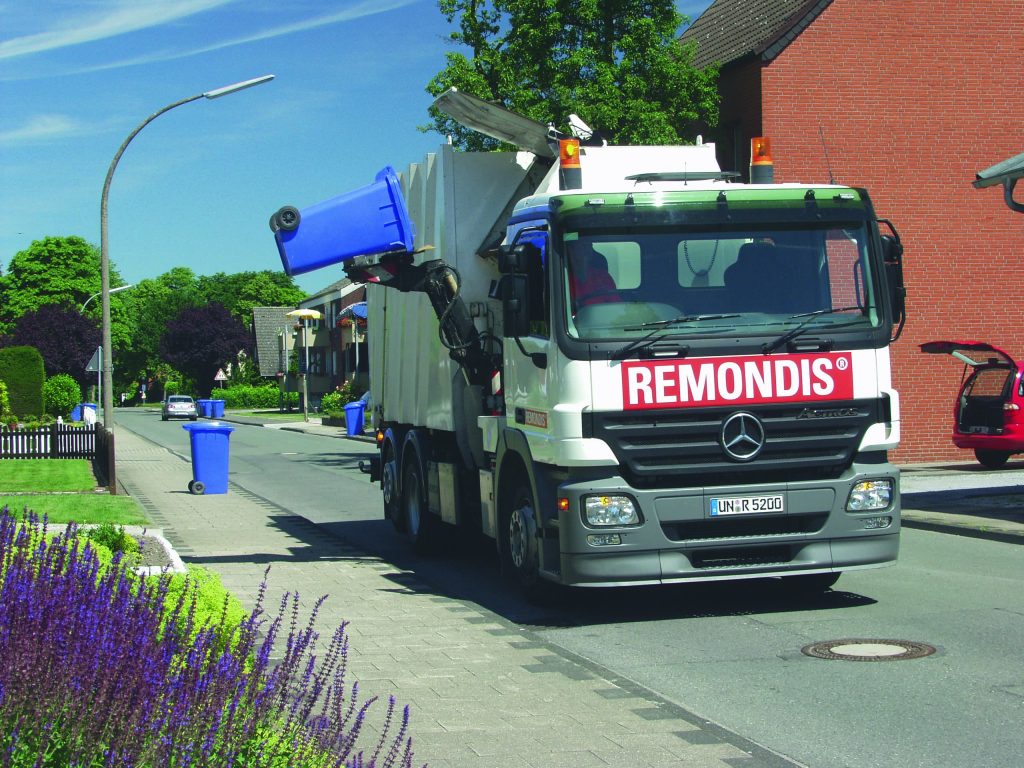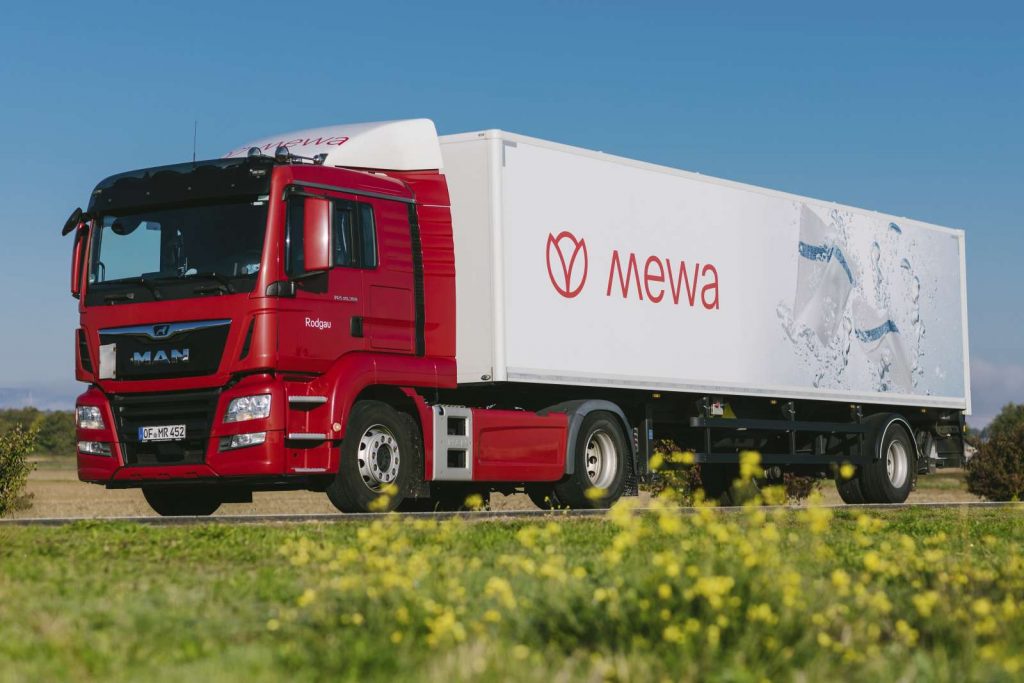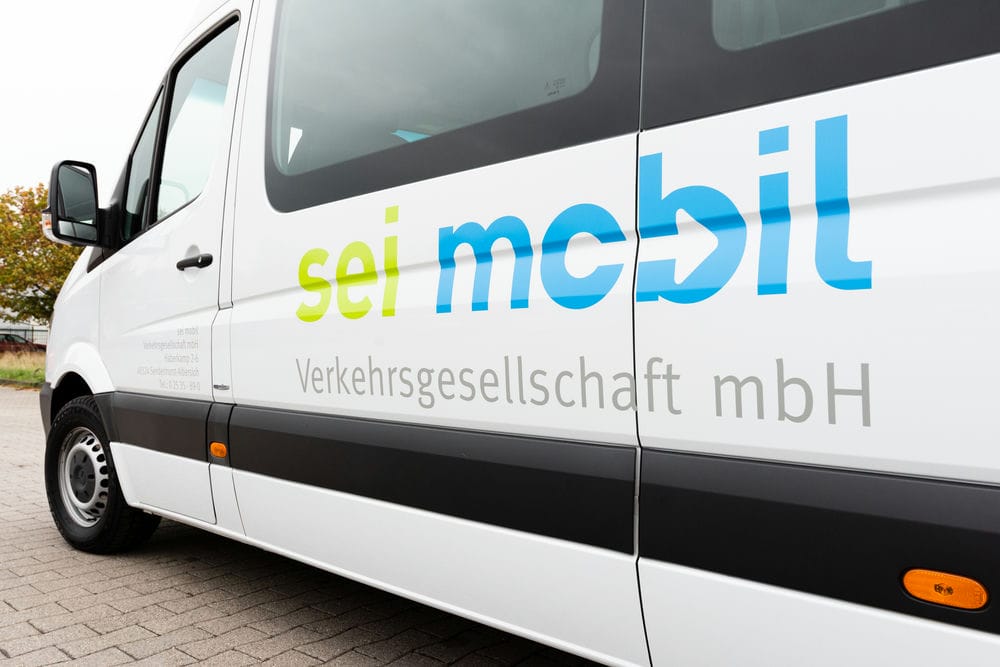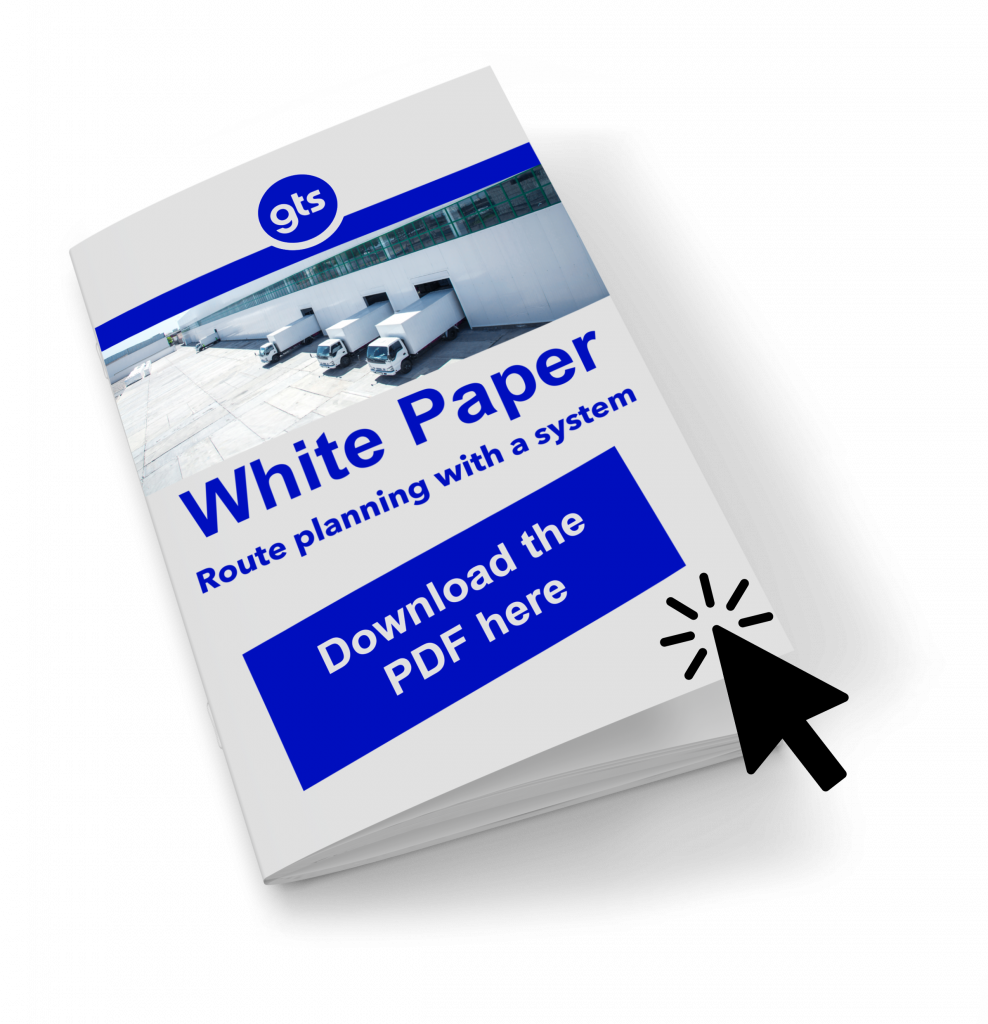Remondis is a leading international family-owned company and operates in the fields of recycling, water and services. In the area of waste collection, Remondis has six regional companies across Germany and has established itself as a strong partner for municipal and commercial collection. Remondis has been working with the TransIT route planning solution from gts since 2019.
Highly complex route planning
Peter Kubitz is the logistics manager for the south-west region at Remondis. This region comprises 34 branches with around 200 tours. He explains the problems that arose over time when planning the routes: "Previously, we planned the routes with various programmes and also with a bit of intuition. But, it then became increasingly common for us to take over new locations. Our vehicles no longer travelled efficiently and the tour stops were sometimes far too far apart."
Commercial waste planning also became increasingly complex, as additional emptying rhythms had to be taken into account in addition to the normal requirements. This was also planned manually by Remondis, which proved to be time-consuming and inefficient.

Search for a professional software solution
As manual planning could no longer cope with the complexity of waste collection, Remondis began looking for a new solution. The recycling company found what it was looking for at gts:
"We were looking for professional software for our collection tours. Firstly, we compared various providers and looked at the results. The software from gts clearly stood out from the others," says Peter Kubitz.
Taking into consideration the important planning conditions for waste management
The greatest potential for optimisation in the municipal collection tours was in the planning of optimal precincts, as these had not been defined efficiently, to date. The optimal number and distribution of the districts was therefore determined with the regional planning module in TransIT.
Many special features have to be taken into account in the planning: How close together are the houses? What is the weight of the bins to be collected? Are there dead ends or side loaders that can only be loaded from the right?
Another important aspect is reversing. Turning and reversing should be avoided in order to minimise the risk of accidents.
It gets even more complicated with commercial collection: here, each customer has an individual rhythm (e.g. weekly, fortnightly, four-weekly, etc.)
The challenge here is to utilise the routes evenly while keeping to all time slots.
These are all planning conditions that only gts has mastered in this form.
Successful savings & optimisation
Throughout Germany, Remondis is currently planning municipal collection with TransIT and the results are impressive!
Peter Kubitz sums up: "The optimisation in TransIT has enabled us to make considerable savings. All routes have been optimised for efficiency, which also saves an enormous amount of fuel."
In the further course of the collaboration, it will be clarified how Remondis can utilise route planning even more extensively, for example with the TransIT Mobile App for the operational implementation and control of routes.
Further information on route planning for waste management can be found here: https://gts-systems.com/en/industries/recycling/







